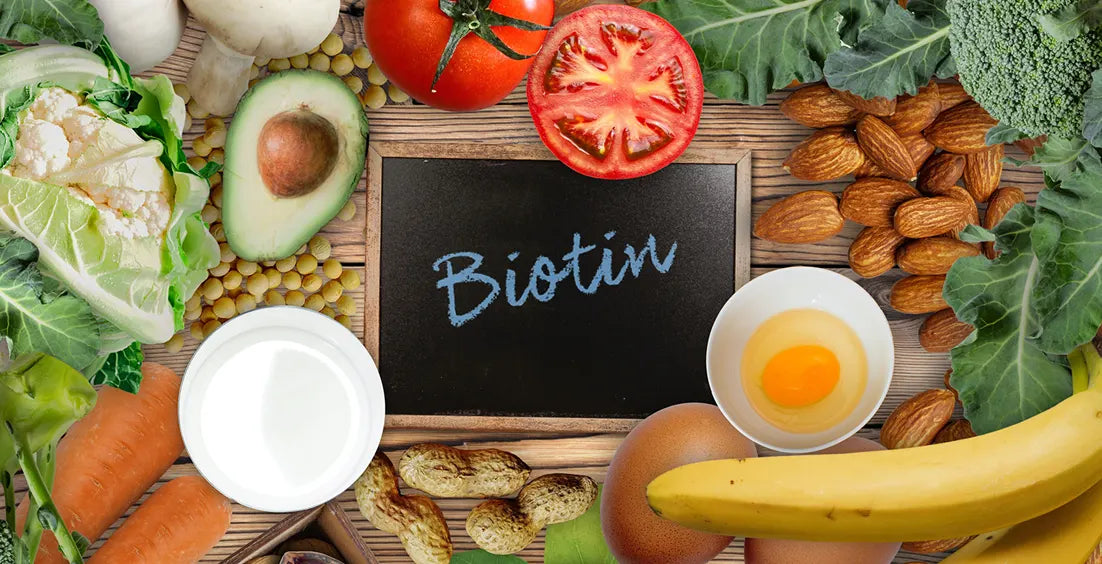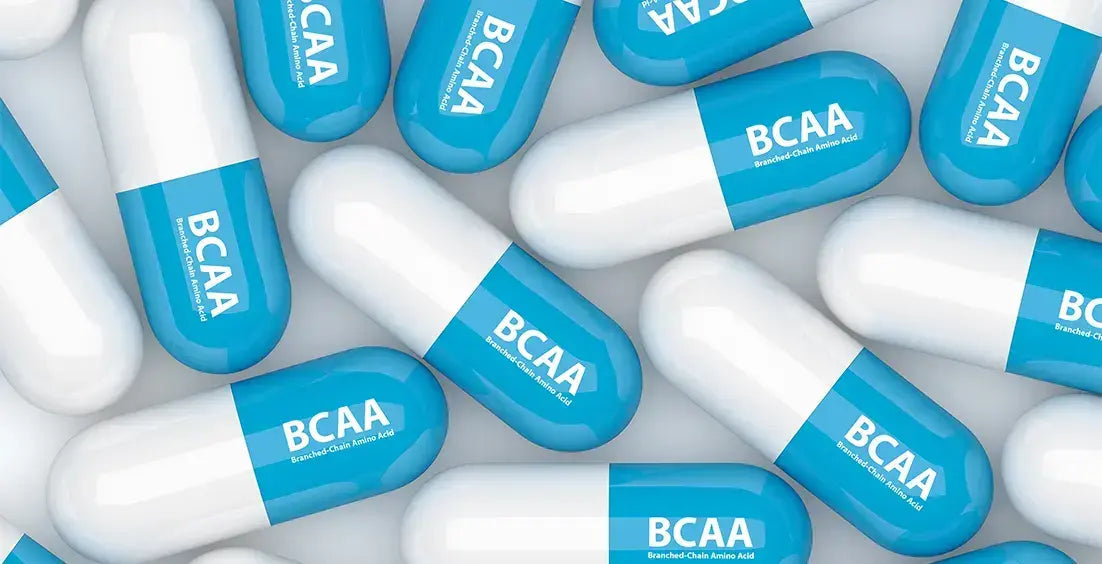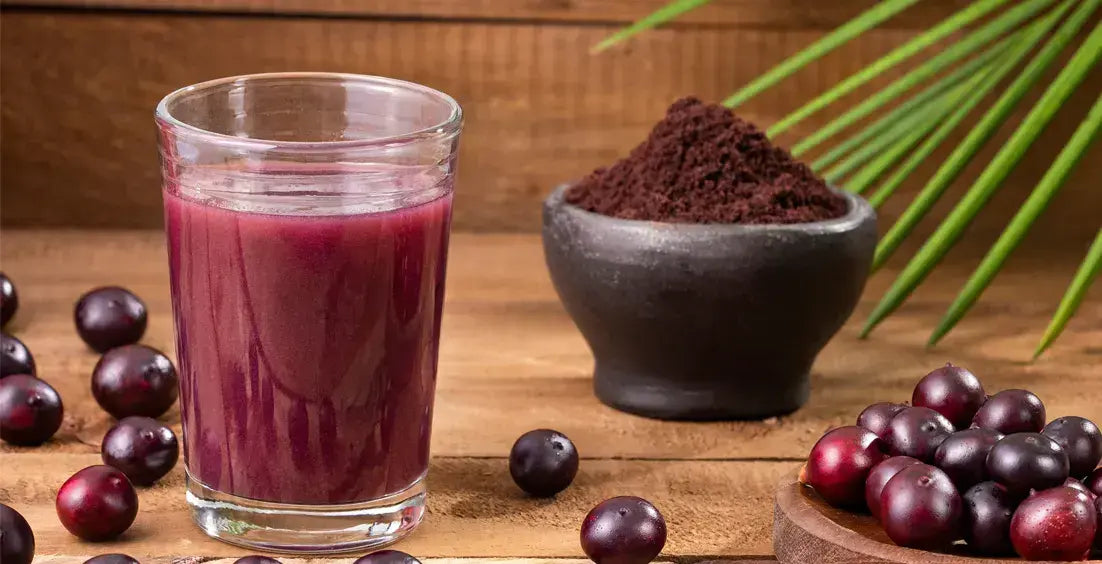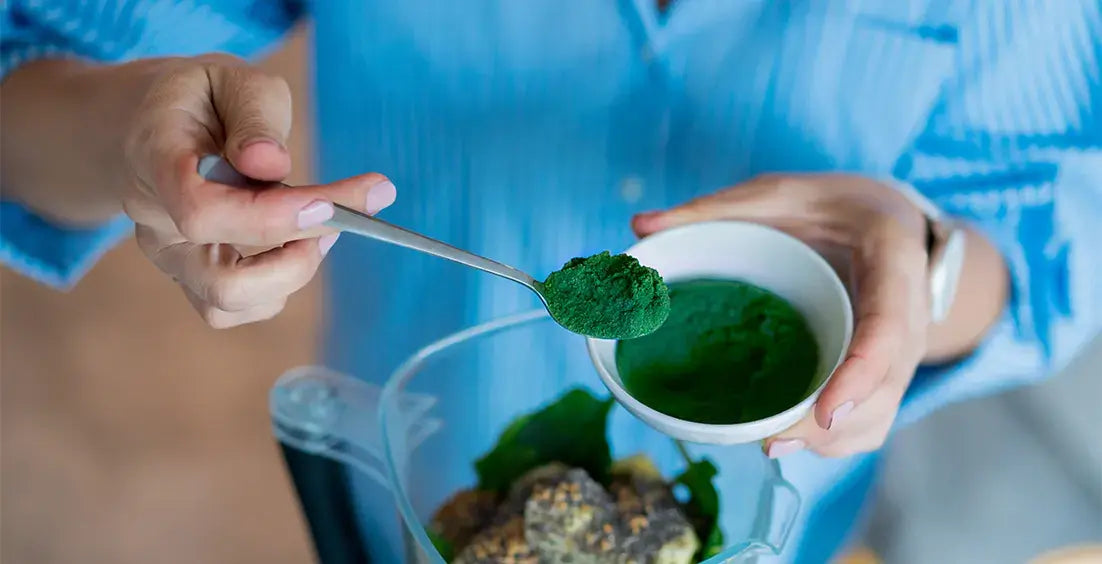The Top 5 Benefits of Biotin: Wonder Vitamin
Biotin, also known as the wonder vitamin, promotes well-being and health. B-vitamins are essential for converting food into energy, supporting metabolism, and maintaining hair, skin, and nails.

Popular Stories
- Best Liquid B12 Supplement: Find out its Dosage & Health Benefits
- Best BCAA Supplements for Fat Loss and Muscle Retention
- Best Maca Root Supplement For Men’s Health, Hormones, & Well-Being
- Best Acai Berry Supplements: The Ultimate Buying Guide
- Spirulina Benefits for Women: Superfood for Skin & Hormones
- Best Foods for Weight Loss: Healthy Meal Options to Try
References
- Pharmacological effects of biotin - ScienceDirect https://www.sciencedirect.com/science/article/abs/pii/S0955286305000926?via%3Dihub
- Chromium picolinate and biotin combination improves glucose metabolism in treated, uncontrolled overweight to obese patients with type 2 diabetes - PubMed (nih.gov) https://pubmed.ncbi.nlm.nih.gov/17506119/
- Pregnancy and Lactation Alter Biomarkers of Biotin Metabolism in Women Consuming a Controlled Diet - PMC (nih.gov) https://www.ncbi.nlm.nih.gov/pmc/articles/PMC4230210/
- Biotin - Health Professional Fact Sheet (nih.gov) https://ods.od.nih.gov/factsheets/Biotin-HealthProfessional/


 Skin Detoxification Bundle
Skin Detoxification Bundle Complete Weight Loss Bundle
Complete Weight Loss Bundle Heart Care Bundle
Heart Care Bundle Better Immunity Bundle
Better Immunity Bundle  Men's Immunity & Prostate Health Bundle
Men's Immunity & Prostate Health Bundle Stress + Energy + Wellness Combo
Stress + Energy + Wellness Combo  Energy Booster Combo
Energy Booster Combo Natural Skin Care Bundle
Natural Skin Care Bundle Workout Supplements Combo
Workout Supplements Combo Cognitive Health & Vision Combo
Cognitive Health & Vision Combo Joint Health Support Combo
Joint Health Support Combo


































